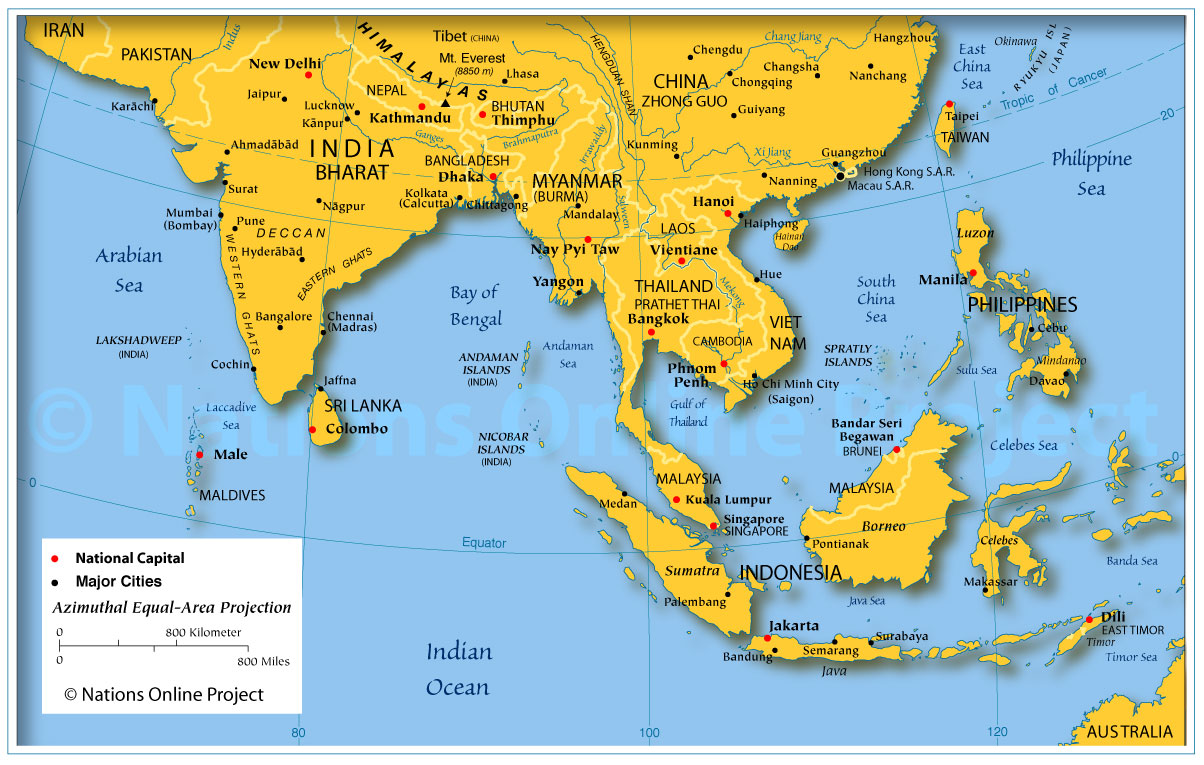 Global Times | 2013-9-24 21:38:02 By Clifford A. Kiracofe |
Washington will increasingly emphasize Central Asia and South Asia owing to the planned US military withdrawal from Afghanistan in 2014. Both regions are part of the "pivot" to Asia and India is at the center of US designs. President Barack Obama has called the US-India strategic partnership a defining partnership for the 21st century.
In geopolitical terms, Washington sees Afghanistan as a bridge from Central Asia to India. Looking eastward from India, changes in Myanmar are opening the way for the creation of an Indo-Pacific Economic Corridor. Overall, the US sees India's role as a cornerstone for the US strategic rebalance to Asia which involves connecting Central Asia, South Asia, and Southeast Asia.
Back in 2002, I visited Uzbekistan and had the opportunity to exchange views with a number of officials. At the Ministry of Foreign Affairs, I raised the topic of new prospects for commerce in the region and the historical example of the ancient Silk Road. I was told that there were great hopes for the eventual development of infrastructure and long distance trade.
Leaving the capital Tashkent, I next visited Samarkand and Bukhara. Great care had been taken by the government to restore these historic Silk Road sites. The impression on the visitor was vivid, not only recalling the past, but also pointing to the future.
Memories of this visit to Uzbekistan came to mind when I attended the US Senate nomination hearing for the position of assistant secretary of state for South and Central Asian Affairs recently. The hearings was chaired by Senator Tim Kaine and attended by senators James Risch, Marco Rubio and John McCain.
The significant part of the hearing focused on substantive issues involving US foreign policy within the context of the pivot to Asia.
Many do not realize that Washington's concept of the pivot is not limited to the Asia-Pacific region. In fact, the pivot or rebalancing as it is now called comprehends Central Asia and South Asia as well.
This larger geopolitical context brings to mind the old 19th century "Great Game," which involved the competing imperial interests of Great Britain and Russia over Central Asia and South Asia. Today, critics say that US strategists are reviving the old Great Game so as to contain China.
In her prepared statement, Biswal emphasized what Washington calls the 2014 transition in Afghanistan when US forces leave the country. There are deep concerns about security and stability not only for Afghanistan itself but also for the region, she said.
US policy focuses on regional economic integration in the areas of economic, energy, trade, and transit linkages. While cooperation with China is welcomed, strategic partnership with India for Afghanistan and Central Asia is of "paramount importance," she said.
Risch sharply criticized India for purchasing Iranian oil in violation of the unilateral US-imposed embargo. He indicated that this is a way of coercing Iran to halt its nuclear energy program so as to prevent it from getting nuclear weapons.
Kaine followed up in regard to Iran and offered an interesting insight into the geopolitical thinking of some in Washington. He said that the development of extensive US natural gas resources would in time make it a major energy exporter and that had global implications.
Such an exporter status, for example, could be used for strategic purposes to isolate and coerce Iran. In such a scenario, the US could sell natural gas to India and China and thereby cut against Iranian hydrocarbon sales to these countries.
Those who think that the US rebalancing to Asia is limited to the Asia-Pacific region should think again. Washington's designs for what it calls the "Indo-Pacific" are much broader and include the revival of 19th century imperial competition on the Eurasian landmass.
The author is an educator and former senior professional staff member of the Senate Committee on Foreign Relations. opinion@globaltimes.com.cn
http://www.globaltimes.cn/content/813617.shtml#.UkTgYYasim5
